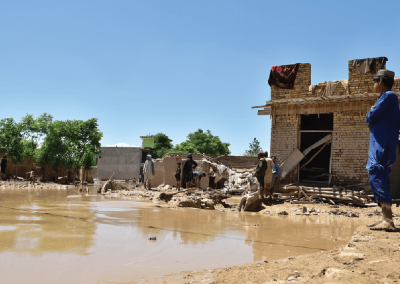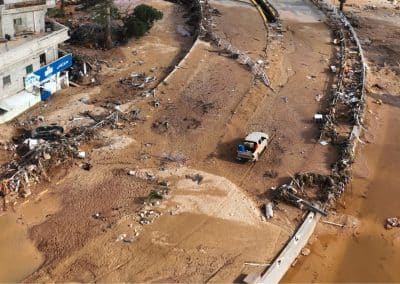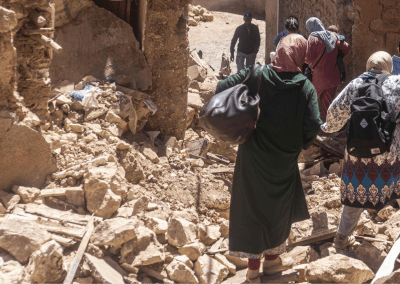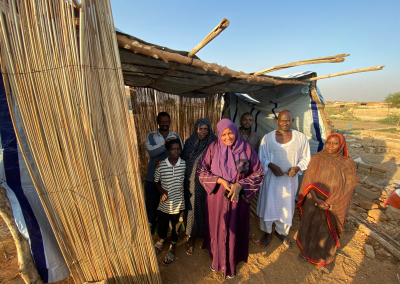Special Project
Human Waste to Energy:
A Multifaceted Solution

Approximately 4.2 billion
people are living without access to safely managed sanitation

More than 200 million tons
of human waste is untreated each year

90%
of all sewage in the developing world is eventually emptied into lakes, rivers and oceans
Providing Energy and Improving Sanitation in Uganda by Converting Human Waste into Energy
Converting human excrements into energy tackles two major areas of concern: waste management and energy consumption. The production of biogas from human excrement is an environmentally friendly way to harness energy from a free resource. This process not only helps reduce the use of solid fuels such as trees, charcoal, crop waste, etc. which cause high levels of air pollution, it also helps combat the lack of proper sanitation facilities. With this one solution we relieve strain on energy consumption, decrease pollution, and provide a sustainable waste management solution.

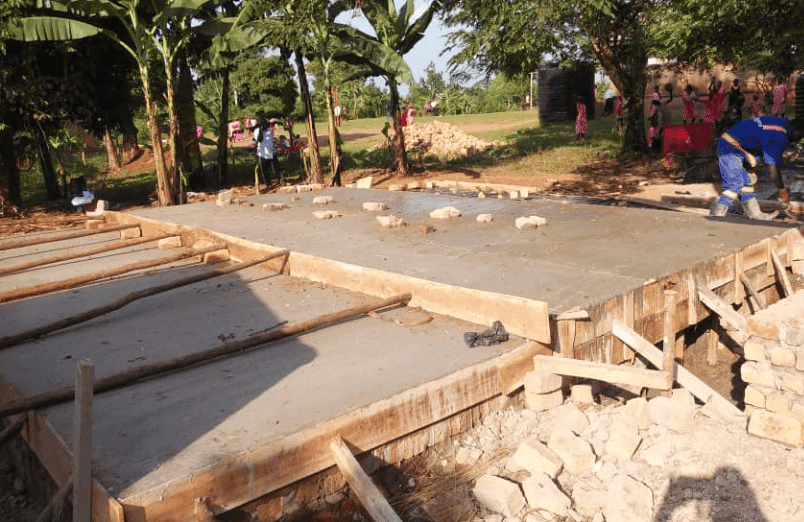
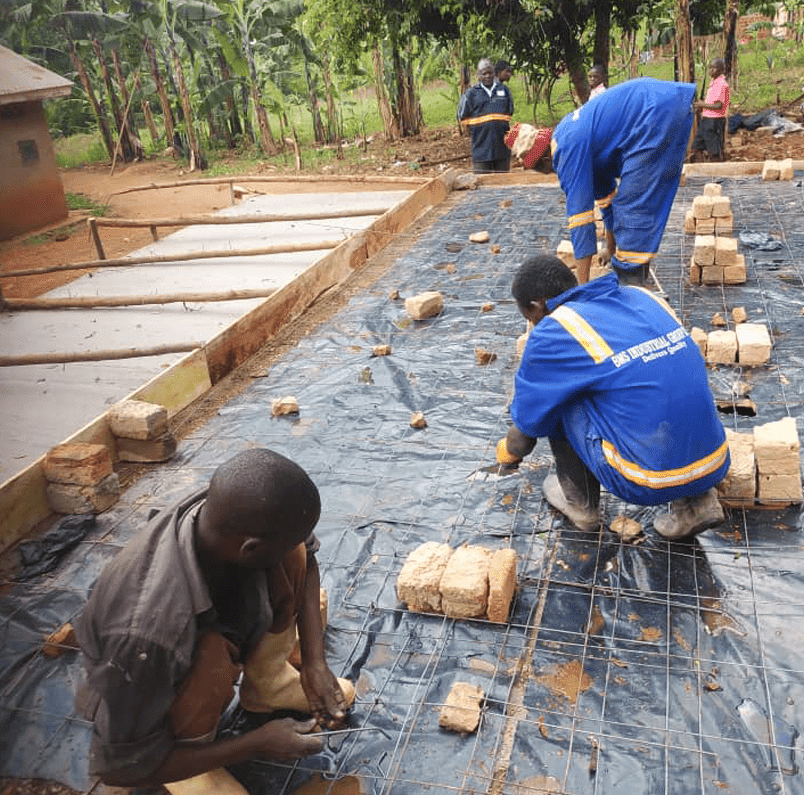
Benefits
- Low cost energy
- Save cost on sanitation
- Improve hygiene and public health conditions
- Reduce charcoal use
- Reduce number of felled trees
- Reduce pollution
- Help combat global waste crisis
The Situation
There is a need to transform sanitation and provide clean energy in Uganda. Approximately two thirds of rural Ugandans use unimproved sanitation facilities, with an additional 7% practising open defecation (2017 data). Just over one in 10 health care facilities have basic sanitation facilities and only 31% of healthcare facilities have basic water supplies.
There is a clear need for an end-to-end solution like human waste to energy. Lack of adequate faecal sludge management negatively impacts human and environmental health. Waste to energy takes a free resource, which in its original state is problematic, and turns that into a source of energy through a process which itself is sanitising.
Your opportunity to make an impact
IDRF will be working with partners in Uganda to build washroom facilities in a school and a healthcare facility which will be connected to anaerobic digesters that convert the waste into biogas for energy. This biogas will be provided to the school and healthcare facility, free of cost, to fulfil their energy needs.
This unique project uses human waste as an input in an anaerobic digestion system to create clean energy (biogas) to be used as cooking gas and heating for a school and healthcare facility.
Your donations support a safer, healthier future by creating long term solutions to energy and sanitation issues for vulnerable populations in Uganda.
Dig water wells for clean water
(for clean water)
Purchase solar heaters
(heating water using the sun)
Purchase solar cells
(what generates electricity from the sun)
For general agricultural projects
If you would like to donate by cheque, please mail a signed cheque to:
IDRF
23 Lesmill Rd, Suite 300, North York, ON M3B 3P6
Memo: Winterization
Every donation above $10 will receive a tax receipt by email upon donation.

